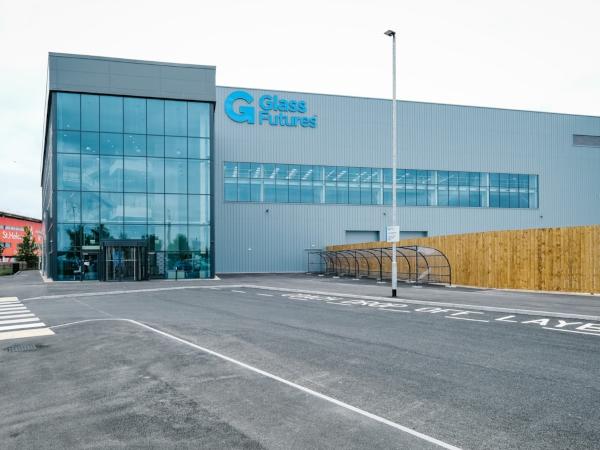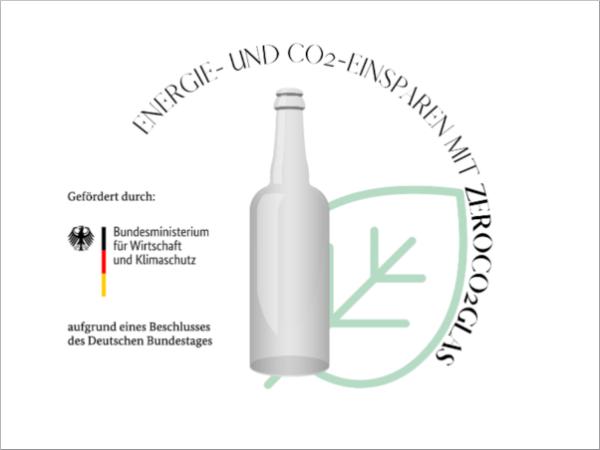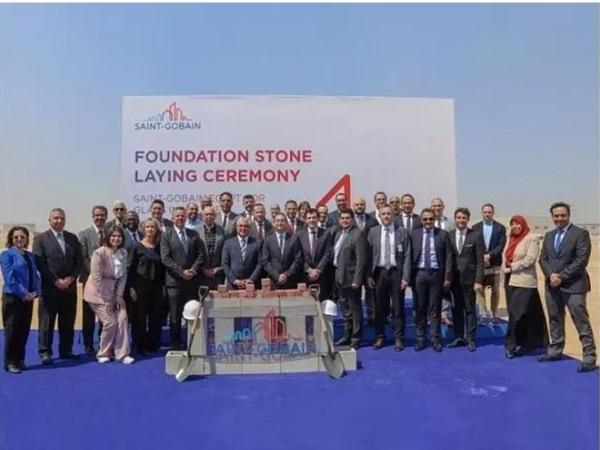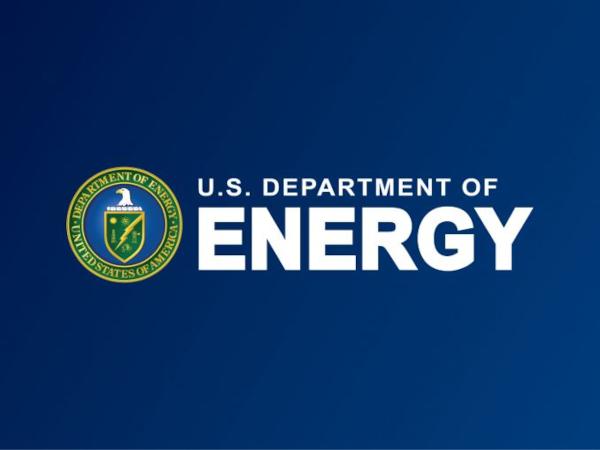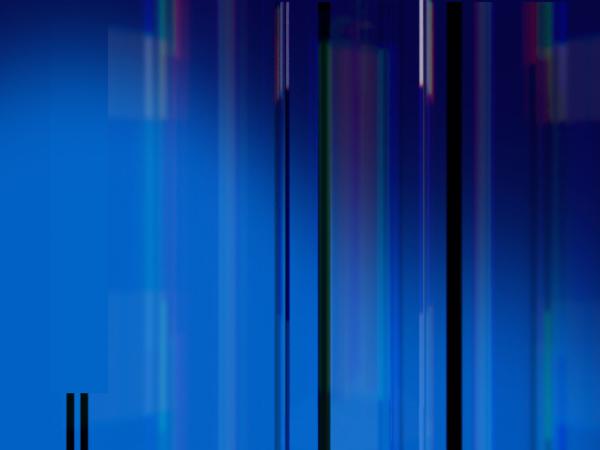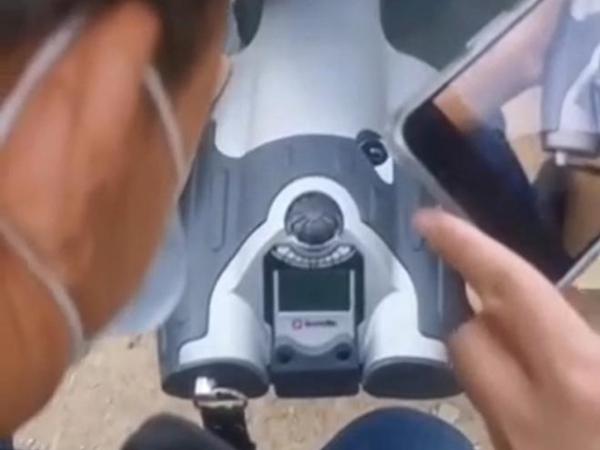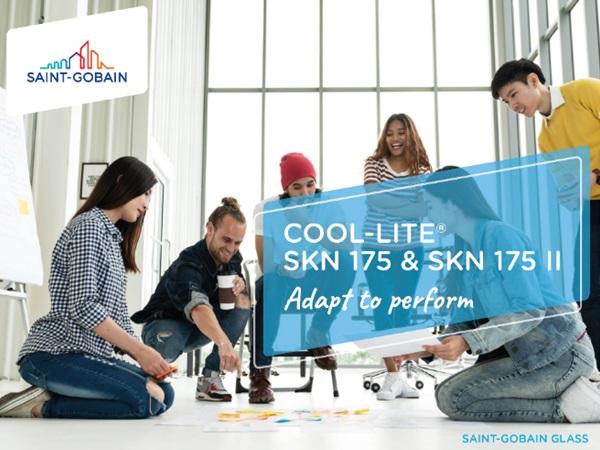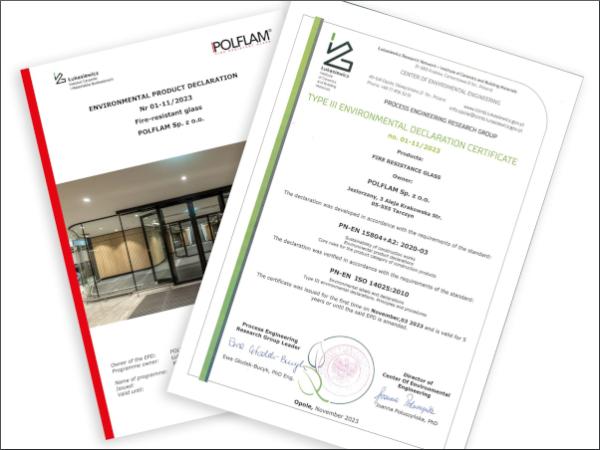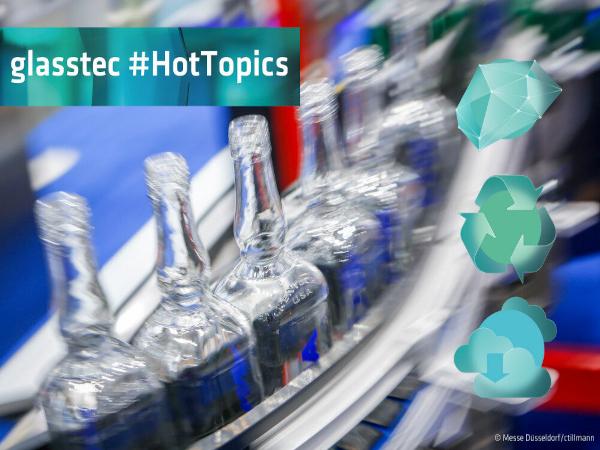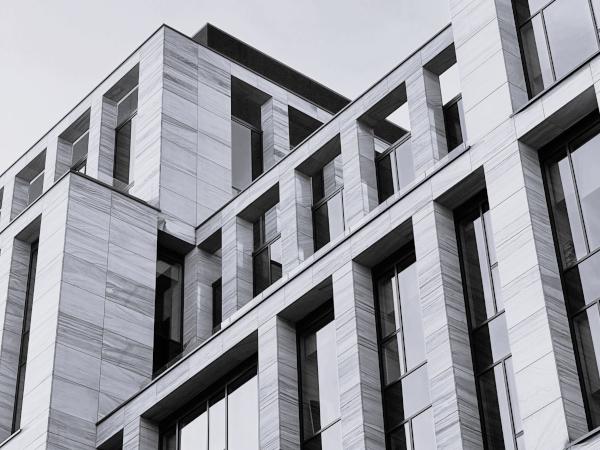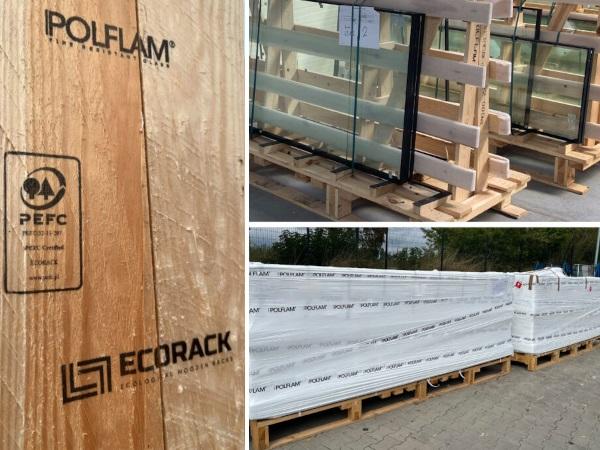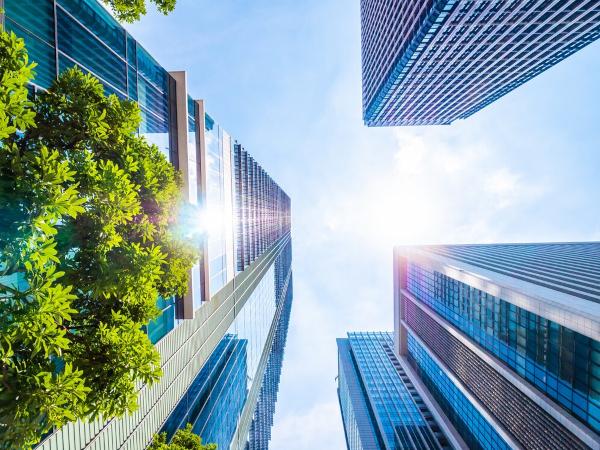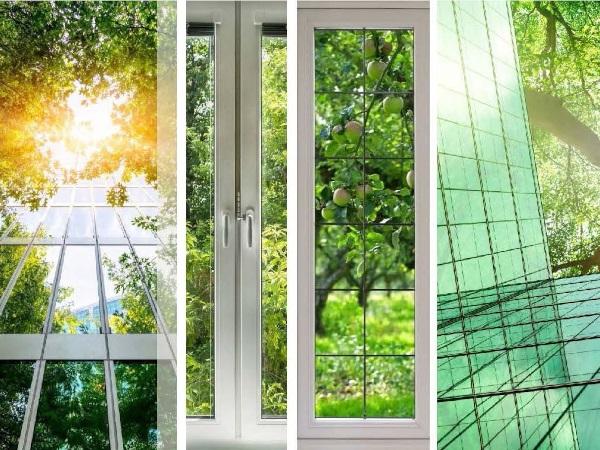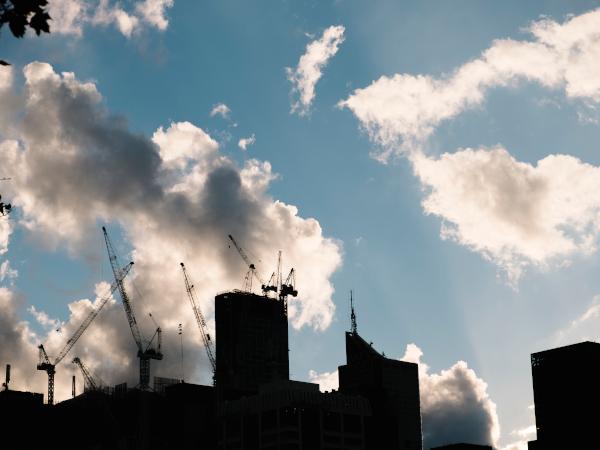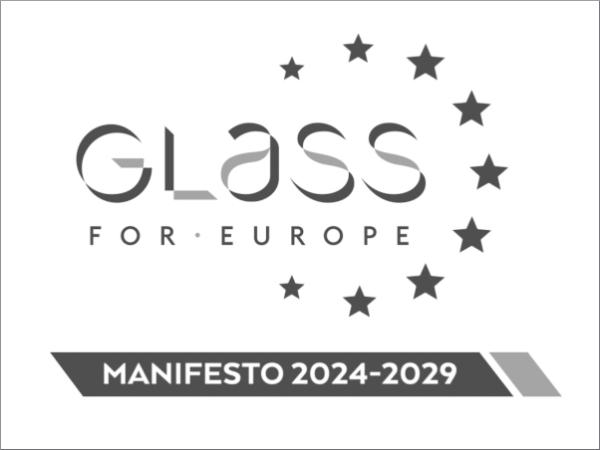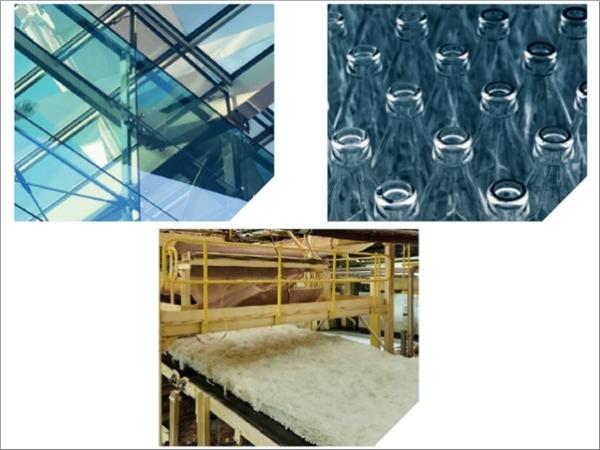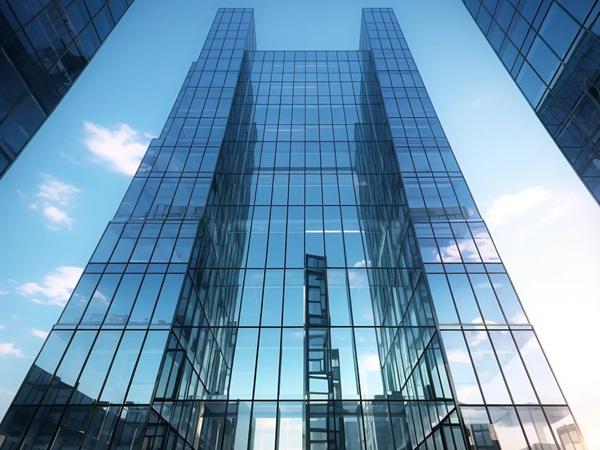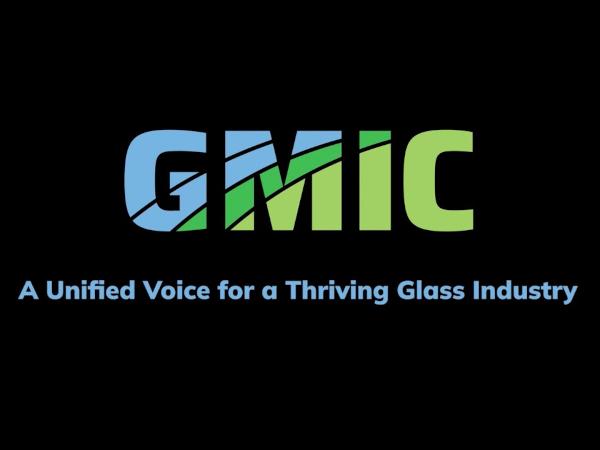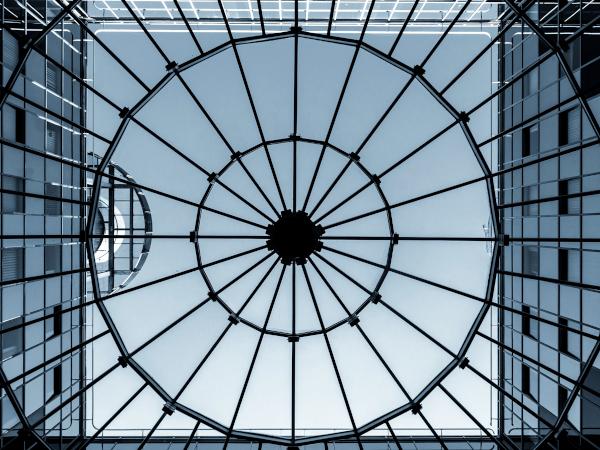Others also read
An experimental glass-making facility in St Helens, Merseyside is set to pave the way for significant emission reductions in glass manufacturing with support from Siemens technology.
The most modern control technology is used in the ZeroCO2Glas test furnace. Horn software engineers create the control system with individually adapted process screens.
The Ain Sokhna float plant in Egypt will see its capacity increased with the construction of a second flat glass production line.
The workshop will take place May 16-17, 2024, at the Hyatt Pittsburgh International Hotel in Pittsburgh.
Vitro Architectural Glass achieves Top 20% LEC rating with updated EPDs.
It is well known that climate change refers both to long-term natural and man’s hand shifts in temperatures and weather patterns.
Diageo's seed investment in Glass Futures' expansion highlights its commitment to new tech and partnerships for its 2030 ESG goals.
Sparklike's new customer case offers an intriguing look at how the latitude affects argon gas retention in IGUs. This is crucial for energy efficiency and thermal performance.
In addition to the five-part video series, Glass for Europe is thrilled to unveil a two-pager Manifesto outlining its priorities and policy recommendations for the 2024-2029 mandate of the European institutions.
Enhanced solar control glass with exceptional performance
POLFLAM is thrilled to announce the receipt of an Environmental Product Declaration (EPD) for its monolithic fire-resistant glass product range in fire resistance ratings EI and EW.
The agenda at glasstec 2024 features topics that keep the glass industry busy: Decarbonisation, Circular economy and Digital technologies. From 22 to 25 October these Hot Topics will be in focus.
The plenary session of the European Parliament has voted in favor of the recast Energy Performance of Buildings Directive, one of the final texts of the ‘Fit for 55’ package.
Structured around three main questions, the Q&A helps to approach the issue of carbon from different angles.
The new video is the last one in a five-part series that constitutes Glass for Europe’s manifesto, titled ‘A Mandate to Focus on Enabling Sustainable Transformation.’
POLFLAM partner GLOBSPEED earns PEFC certification for sustainable wood packaging.
Secondary glazing involves installing an additional windowpane on an existing window to improve insulation.
This PCR for Fenestration Systems provides manufacturers with the base document needed to develop Environmental Product Declarations (EPDs).
Energy Star, a trusted symbol for energy efficiency, extends its influence on windows, offering consumers a reliable benchmark for making environmentally conscious choices.
Transitioning energy intensive industries towards 2040 urgently requires the currently missing enabling conditions for a European business case.
On 6 February, the European Commission presented its proposal for an ambitious 90% reduction in greenhouse gas emissions by 2040.
British Glass releases policy position document outlining contributions and challenges of UK glass sector.
In the ever-evolving landscape of sustainable living and energy efficiency, the Glass for Europe manifesto for 2024-2029 emerges as a guiding light towards a greener future.
GMIC is pleased to announce that it has been selected by the U.S. Department of Energy to receive $3 million in funding to research advanced electric melting in glass manufacturing.
The European Commission’s Joint Research Centre started the year with the publication of a study on Techno-economic and environmental assessment of construction and demolition waste management in the EU.

